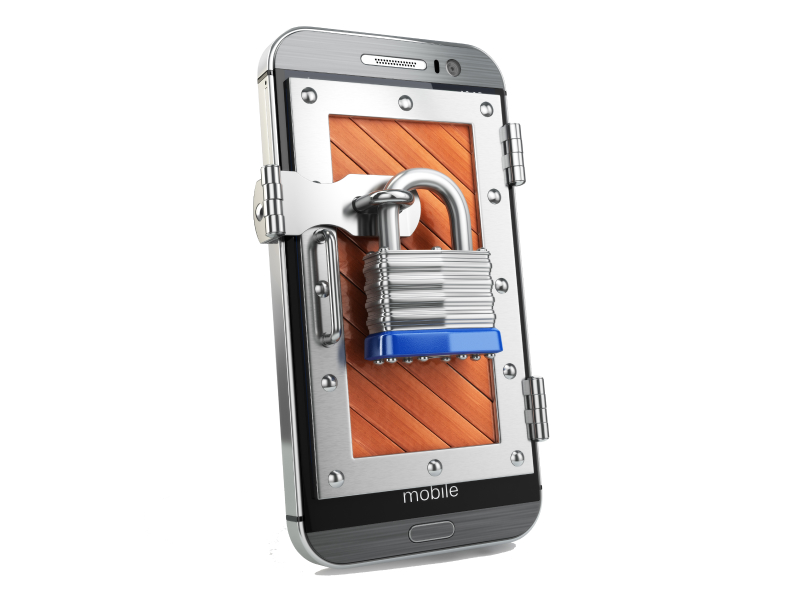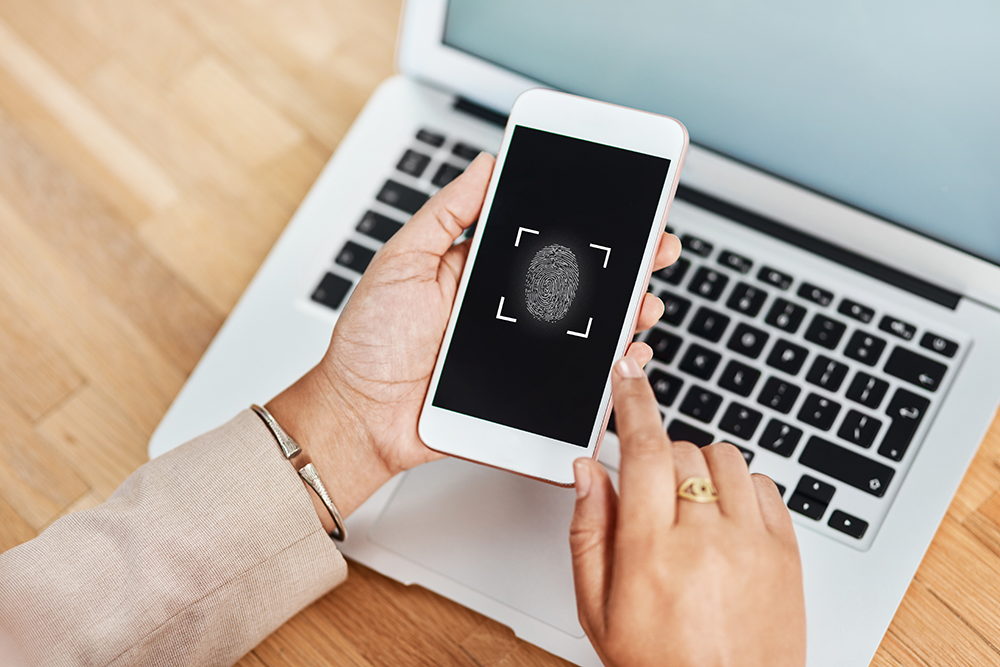
Protecting Your Mobile Device from Hackers
In the past two years, many more people, including seniors, have chosen to adapt to mobile technology so that they can continue doing personal business, and stay in touch with the world without having to always leave the comfort of their homes.
Several more people are now doing their banking, paying for groceries and meals, and making retail purchases online from their mobile devices, such as their smartphones or tablets; or they are using their devices to access or send a variety of information, including videos and links, to keep themselves entertained and informed.
However, although many persons may not immediately think of their mobile devices as computers, they in fact are, cybersecurity analyst at the JN Group, Garfield Rodriquez, reminds persons, and one’s mobile devices are just as vulnerable to attacks.
“Therefore, people, including seniors, have to exercise vigilance,” he cautioned.
“Hackers have come to realise that because often our mobile devices are less likely to have an anti-virus installed on them, as we don’t think of them as computers, they target them with rogue apps, spoofed online websites and phishing emails to steal passwords; TRN and other customer data are also targeted; your credit card information; bank account numbers and a host of other confidential and personal information,” he explained.
“This doesn’t mean you shouldn’t do your business from your phone or other mobile devices, but you do need to be aware and cautious,” Mr Rodriquez said.
He provided some simple ways in which persons can protect themselves and their mobile devices from hackers.
- First, install a reputable anti-virus application on your mobile device, Mr Rodriquez recommended. “Anti-viruses aren’t only for your desktop computers and laptops.”
- Second, he advised that one should ensure that their mobile device and mobile apps are kept updated with the latest system patches. That means once an update is made available by the manufacturers or application owners, one should install them.
- When downloading a new app, one should take the time to carefully read the reviews before installing, he advised; and if there’s a website that one has never heard of before, then a check should be made to ensure the site is legitimate. One easy way of doing this, Mr Rodriquez recommended, is by going to the website com, and simply entering the website address to check.
- The cybersecurity analyst also advised that before making a purchase online, one should look for the company’s phone numbers by checking its website and contacting their support personnel.
- Before opening an email, one should check the true origination. Persons should ask themselves:“’Do I know the sender?’ ‘Is this the regular tone of the person and the kinds of words he or she would use?’”Mr Rodriquez said. “It’s always a good idea to contact the email sender immediately. However, not by replying to the email!”
Also, one should not open an email attachment if they are not expecting one, he counselled.If there are links in the email, one should first see where they are actually coming from before clicking. To do this on a mobile device, one can simply press and hold the link and wait for the address to appear. Pressing and holding the link will not lead to the site, he assured.
- In addition, Mr Rodriquez cautioned persons against using public Wi-Fi for financial transactions or to transmit sensitive information as these connections are not secure.
“We have to exercise vigilance always and at all times,” he concluded.
Check out more stories like this

When Push Comes to Shove! Protect Yourself from MFA Fatigue Attacks
Multi-Factor Authentication (MFA) is one of the best ways to...

Salvation Army, Harvest Time and Cooreville Benefit from JN’s Labour Day Efforts
In observance of this year’s Labour Day, the JN Circle...

No Timelines, Just Purpose, The Steady Ascent of Elizabeth Ann Jones in Tax Service
From a modest rural upbringing to becoming one of the...